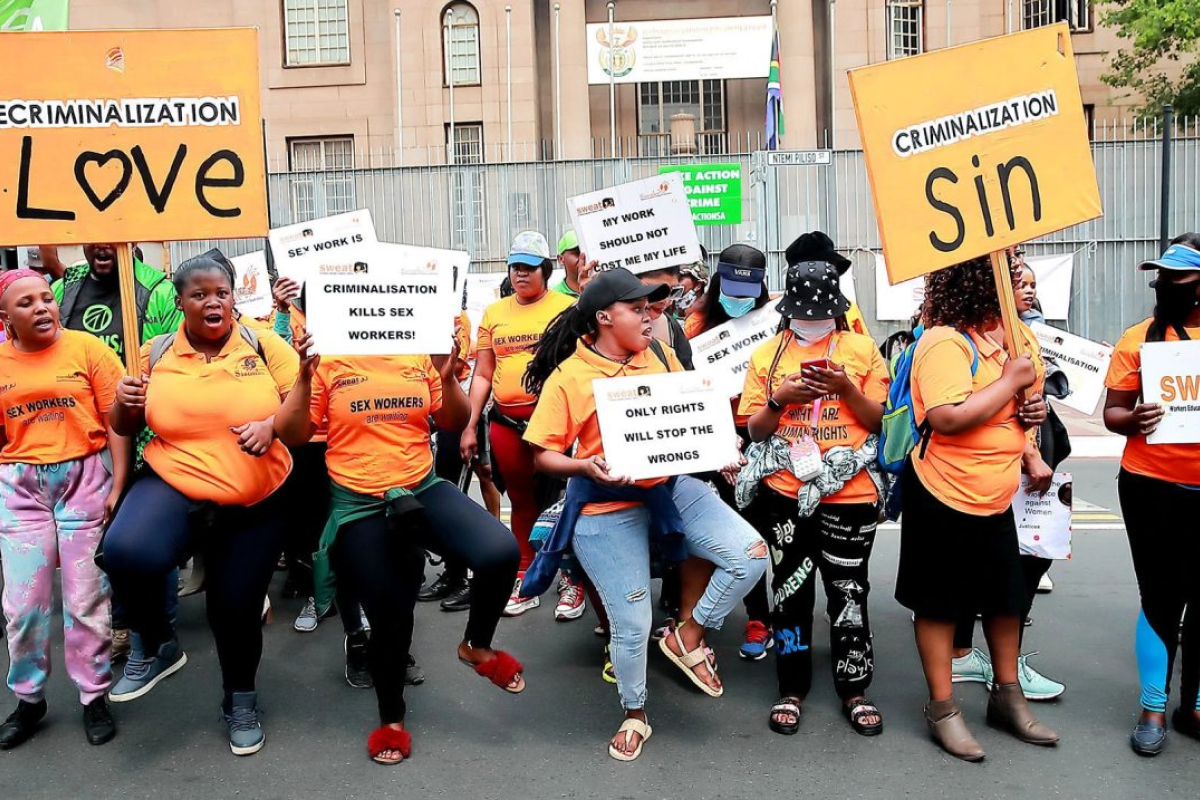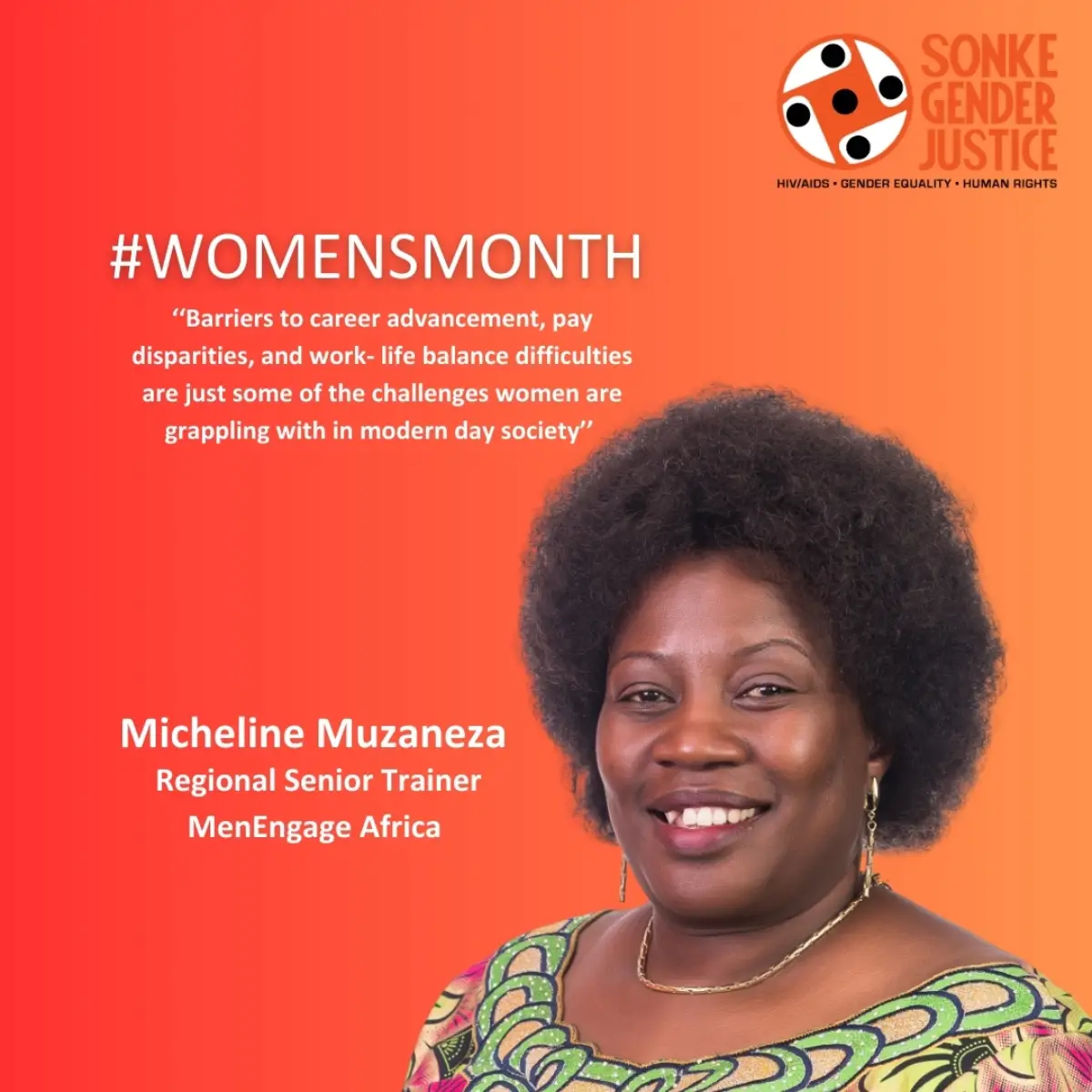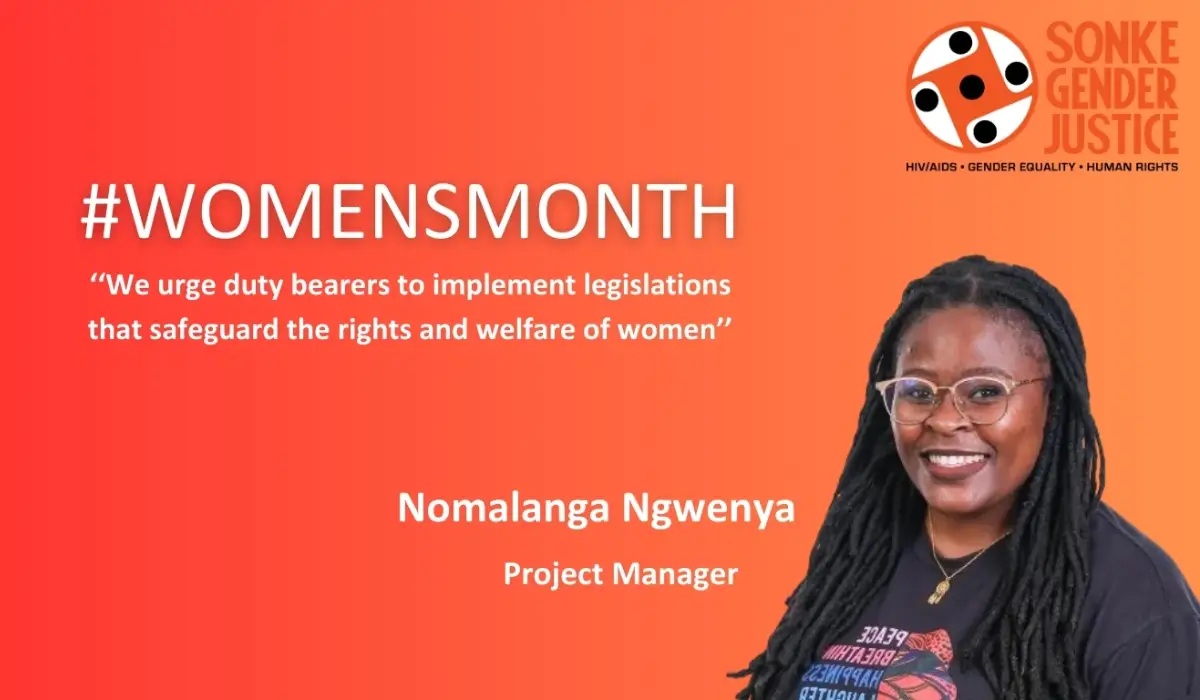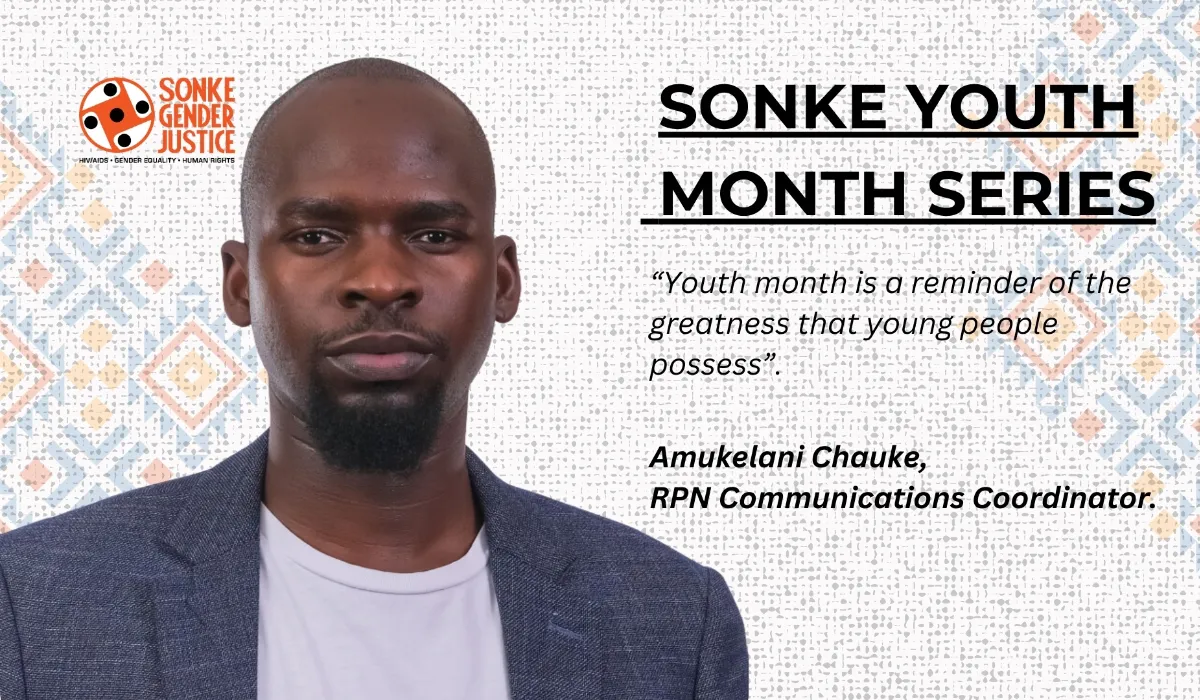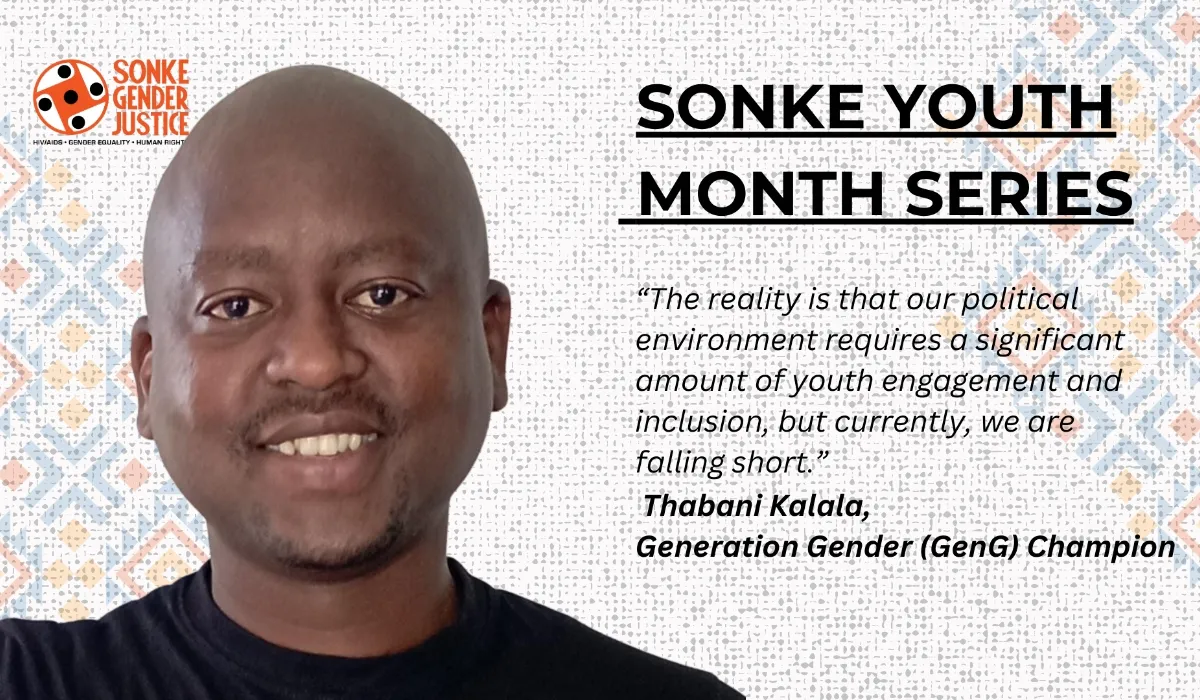As we approach the deadline to comment on the draft Criminal Law (Sexual Offences And Related Matters) Amendment Bill, which will see the buying and selling of sex decriminalised in South Africa, diverse opinions about sex work are appearing in the public space.
People may be understandably confused or ambivalent about where they stand with regard to this issue. On social media, we have witnessed a wide range of responses from faith-based moral judgment to lack of trust in government, confused moral panic to pity and wanting to rescue people working in the industry.
Some of the authors of this article are current or former sex workers, and collectively we have met tens of thousands of sex workers all over South Africa, from truck stops in Musina, Limpopo, to brothels in Durban; from shebeens in Mbombela, Mpumalanga, to street corners in Cape Town, to women with OnlyFans sites living in Sandton. We have listened to a multitude of voices discussing the diversity and complexities of the industry. We can testify to the good, the bad and the ugly.
However, as sex work has been criminalised in South Africa for all of our lives, and as sex workers have always been marginalised and stigmatised, many people (with the exception of clients) have never had a proper conversation with a sex worker.
This ignorance allows myths to circulate without being countered. It also prevents sex workers from speaking for themselves. Yet, to understand why the decriminalisation of sex work makes sense, we need to counter the many myths surrounding it, centre sex workers’ voices and set the record straight.
Myth 1: Sex work is not work
The overwhelming majority of sex workers enter the industry because it is the most viable option to earn money. In 2018, the National Department of Health, together with the University of California San Francisco and the Aurum Institute, conducted a comprehensive demographic and health survey among sex workers in the cities of Johannesburg, Cape Town and Durban.
The survey found that by far the most common reason for being a sex worker was “needing money for everyday life” (90.4%). Sex work pays rent and school fees, and enables individuals to make ends meet in an increasingly difficult context of unemployment and poverty.
Workplaces and working arrangements for sex workers are diverse. Sex workers can be self-employed or employed; work part-time or full-time. While sex work can be formalised through employer-employee relationships within an establishment, much of the sex industry is informal. Many sex workers work independently, either individually or collectively with other sex workers.
Within the informal sector, there are a wide variety of working arrangements and business models. Yet, like many other informal sector workers, sex workers are often excluded from national labour laws and social protections. The criminalisation of sex work and the sex industry means that they have no option but to accept what are often exploitative working conditions.
Myth 2: Sex work is a gross violation of human dignity and inherently exploitative
Often those opposing decriminalisation focus on the most extreme abuses in the sex work industry and suggest that these abuses characterise the entire industry.
This sets the grounds to argue that the industry must be abolished and to accuse anyone who says otherwise of speaking for the ‘pimp lobby’ or supporting the serial rape of women. More importantly, sex workers who try to provide a balanced view are accused of having a “false consciousness”, not being representative, or being exploited and brainwashed by their middle-class handlers.
This line of argument shuts down any possibility of discussion by using a purely emotive and fear-mongering approach. It does not allow sex workers to speak for themselves. It does not recognise that while coercion, exploitation and trafficking exist within the sex work industry, they do not define it.
The criminalisation of sex work creates an environment where human rights violations against sex workers can continue with impunity. A recent study, published in the journal SSM-Mental Health and conducted by the South African Medical Research Council and the Perinatal HIV Research Unit at the Chris Hani Baragwanath Hospital, reported that physical violence, rape, verbal abuse and fear of arrest and threats from the police had been found to prevent sex workers from reporting violence or accessing other public agencies (such as health or social services).
Myth 3: Sex work and human trafficking are inextricably linked, and decriminalisation will cause an increase in human trafficking
Central to a labour rights approach to sex work is recognition of the agency of consenting adults in the industry and the distinction between sex work and trafficking.
With decriminalisation, sex workers will be protected by the Labour Relations Act and other laws which protect workers. As in New Zealand, where sex work is decriminalised, occupational health and safety standards can be developed, and exploitation can be addressed more easily.
Criminalisation fuels stigma and social marginalisation of sex workers, while also creating mistrust of police, social services and other authorities among those in the industry. This deters sex workers from reporting any exploitation they experience or witness.
Distinguishing between sex work and human trafficking would enable police to respond more effectively to exploitation or coercion — for example, by focusing resources on identifying cases of exploitation.
Myth 4: Decriminalisation will lead to an increase in ‘child prostitution’
Whether you use the term child prostitution, young people selling sex, or commercial sexual exploitation of children, the presence of minors in the sex industry is deeply worrying. We all agree that no child should be selling sex.
While responding to this issue is extremely challenging, there are innovative, sensitive programmes in place in South Africa that train sex workers between the ages of 18 and 24 to assist other young sex workers. When they encounter people under the age of 18, they take time to build rapport and trust with the aim of assisting the young person to exit the industry. They provide health and psychosocial support.
It is important to recognise that the presence of minors in the industry is often overstated. The National Department of Health survey found that female sex workers in Cape Town and Johannesburg were of a similar median age (32 years), while those in Durban had a slightly younger median age (29 years).
This does not mean there are no minors in the industry, nor that this issue should be overlooked. However, it supports an approach that is based on clear evidence and reflects the realities on the ground.
Myth 5: Decriminalisation allows pimps to exploit sex workers
Throughout sub-Saharan Africa, most sex workers work without pimps. Our own experience in the field backs this up. Through several surveys of sex workers, in which sex workers are trained to interview their peers as fieldworkers, we have noted that sex workers often ask what is meant by the term ‘pimp’. For them, it is an unfamiliar concept. When explained, sex workers often laugh and comment, “Oh like in American movies” or “We don’t need anything like that here”.
However, where pimps do exist, they often do not fit the stereotypes. In our experience, a third party may be a retired sex worker. This provides opportunities for those sex workers who are older and facing decreased earnings.
Criminalisation of all third parties and intermediaries makes the establishment of formal workplaces, including the creation of contracts or workplace regulations, illegal.
Myth 6: Where sex work has been decriminalised, it has led to continued or even increased exploitation
Opponents of decriminalisation in New Zealand feared its introduction would lead to an explosion of brothels and human trafficking. In response to these concerns, a review was built into the Prostitution Reform Act of 2003, the new legislation decriminalising sex work.
Five years after the act was introduced, the Prostitution Law Review Committee provided a report to the Ministry of Justice that found that the sex industry had not increased in size. The report stated that “the vast majority of people involved in the sex industry are better off under the [Prostitution Reform Act] than they were previously”.
Decriminalisation shifted the relationship between the sex worker community and the police from one of harassment and mistrust to one of collaboration, so that sex workers now felt they could rely on the police for protection. The majority of sex worker respondents (95%) felt that they had rights in the decriminalised context, and 60% felt more able to refuse to see clients since the law changed.
Since the Prostitution Reform Act was passed, sex workers have had access to employment mediation services such as the Disputes Tribunal and the Human Rights Commission, to uphold their workers’ rights.
Myth 7: The solution is to abolish the sex work system by criminalising clients and pimps, thus eradicating demand
Many of those opposing the decriminalisation of sex work suggest that sex work in South Africa should either remain fully criminalised or be partially criminalised. The latter option, also known as the “Nordic” or “Swedish model”, aims to eradicate the sex industry by criminalising clients and third parties, instead of sex workers. At first glance, this might seem like a step in the right direction.
However, while partial criminalisation purports to end sex work by focusing on the client’s demand for sex, it ignores all other factors behind the industry, such as poverty, economic exclusion and inequalities. It actually heightens sex workers’ risk and worsens their economic vulnerability by rendering sex workers more exploitable.
Advocates of this model in South Africa seem to ignore the fact that sex work has been illegal in this country for more than 50 years, and that in 2007 increased sanctions for the buyers of sex were introduced. Neither of these measures has ended sex work or sex trafficking. Instead, sex workers consistently report severe and relentless abuse by police officers and violence by clients and non-paying intimate partners. They are often prevented from seeking help when they need it due to stigma and the criminalised nature of their work.
Myth 8: Sex workers need rehabilitation
The widely criticised 2017 South African Law Reform Commission Adult Prostitution Report recommended the continued criminalisation of sex work. It also suggested the “rehabilitation” of sex workers — a view that is archaic and offensive, and completely disregards the rights and voices of sex workers themselves. There is broad consensus that the report was flawed and failed to consider the available evidence in a balanced way.
Why should sex workers be rehabilitated? What if they don’t want to be rehabilitated? Evidence shows that there are clear advantages to being a sex worker. Research from Cape Town shows that sex workers earn, on average, six times more than domestic workers. It involves fast money and flexible work, and is viable for those with dependents who cannot work full-time jobs.
This argument doesn’t mean we are ignorant of the challenges and risks sex workers face, or of the fact that many sex workers would rather be doing something else. But what person in precarious employment with no safety net wouldn’t choose a better job if one was offered?
However, South Africa is in the grips of an unemployment crisis, with 15 million people unemployed. The people who are the worst affected are those who are black, young, female and without a matric — the same demographic that makes up the majority of sex workers. Is South Africa realistically able to support 153,000 women, men and transgender people in finding alternative work that pays the same as sex work?
Decriminalisation bill is a significant and critical step towards respecting the rights of sex work
Myths about sex work and sex workers are not only misleading but also dangerous. They contribute towards the ongoing climate of discrimination, stigma and violence endured by all those in the industry, and cloud understanding of the importance of decriminalisation for sex workers.
We are now at the critical stage where decades of hard work by sex-worker-led organisations — supported by civil society and rights-based groups — to dispel these myths have been acknowledged.
The decriminalisation bill is a significant and critical step towards enshrining the rights of sex workers and reducing the violence and stigma they face. However, the work to debunk harmful myths must not stop.
Understanding of the bill to decriminalise sex work should be based on the recognition that sex worker rights are human rights, and that sex workers deserve equal opportunities to make a living, without being penalised and abused. DM/MC

